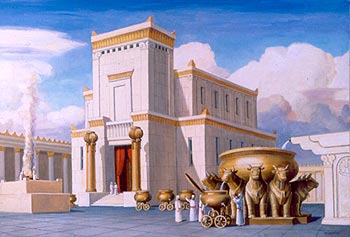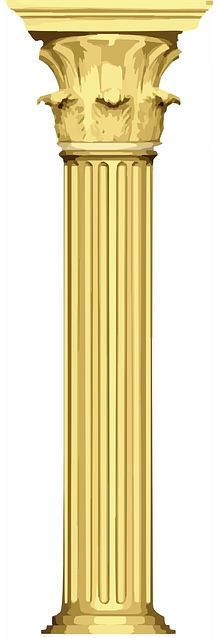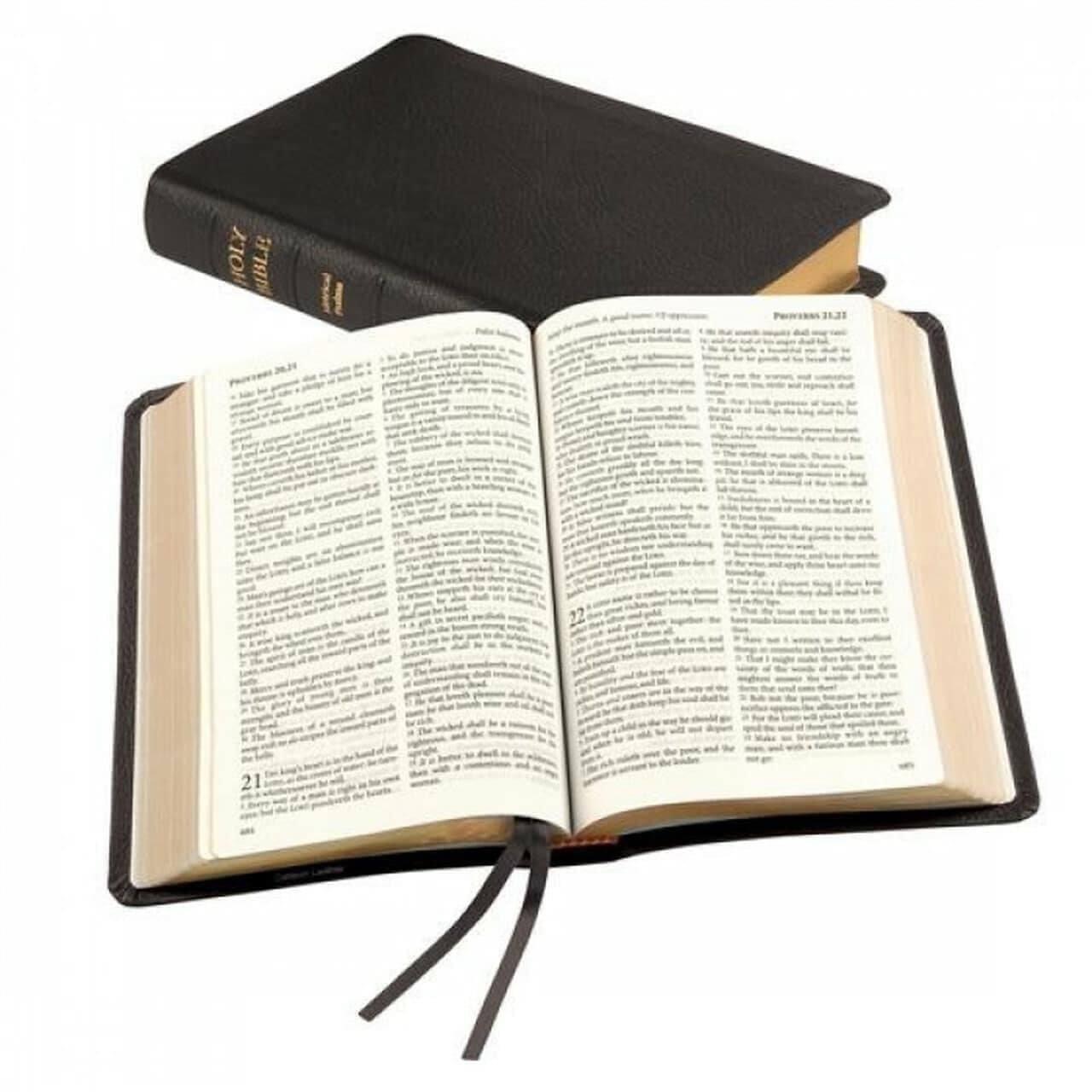


A Comprehensive Study Of Gods Word.
II Timothy 2:15
Study To Show Thyself Approved Unto God,
A Workman That Needeth Not To Be Ashamed,
Rightly Dividing The Word Of Truth.
Home Page.



| 
| 
A Comprehensive Study Of Gods Word. II Timothy 2:15 
| 
|
| Purchase A Kosher Shofar From Israel.
Proceeds Go To Support Temple Bible Studies Ministry To Bring Gods People The Jews To Christ. The Shofar Call Celebrate The True Birthday Of Jesus By Blowing The Shofar On Rosh Hashanah And Yom Kippur, The Day Of Atonement. The Shofar Is Blown On The Day Of Rosh Hashanah To Begin The Feast Of Trumpets And To Call Gods People To Repentance. It Is Also Blown At Rosh Hashanah To Welcome The Messiah. Each Shofar Is Anointed With Oil And Prayed Over That God Will Use The Shofar For His Glory. Exodus 40:9 PLEASE NOTE: This Anointing DOES NOT Mean The Shofar Has Miraculous Power For Healing Or For Any Financial Gain. No, Far Be It. It Only Means We Ask God To Bless The Person Who Blows The Shofar To Bring Honor To God For His Purpose. It Is A Special Blessing To Bless Others. Read The Book, The True Birthday Of Jesus According To The Bible.
The shofar (ram's horn) is the most ancient Jewish ritual object that is still used today. A shofar (שופר) is an ancient musical instrument, similar to a horn or trumpet, that has been used by Jews for thousands of years. The sounds of the shofar have been deployed on a variety of occasions throughout Jewish history, including to announce a new moon, the start of a jubilee year, or when Shabbat approached, as well as to warn communities of the beginning of a battle or war. Before the destruction of the Temple, a shofar would be blown alongside a trumpet by the Temple's orchestra. In Hebrew, the word literally means ram's horn. In English, the word shofroth is the plural form of shofar. In modern times, someone blasts the shofar every day during morning services in synagogues throughout the month of Elul, except on Shabbat. The shofar is also blown at the beginning and during Rosh Hashanah and at the end of Yom Kippur to signify the end of the feast. At the beginning of Rosh Hashanah the shofar is blown to call the people to repentance. It is also blown during Rosh Hashanah and the Feast Of Trumpets to welcome the Messiah. The shofar is first mentioned in Exodus when God says the Israelites will hear the "long blast" of a ram's horn, signaling that they can go up to Mount Sinai to meet God. The experience of the horn blasting made the Israelites tremble, and the sound became louder and louder. The commandment to blast the shofar specifically on Rosh Hashanah is found later in the Torah in the Book of Leviticus. The significance of sounding the shofar is mentioned throughout other parts of the Talmud, Biblical commentaries, and Midrash, with many great thinkers in Judaism drawing connections between the story of Abraham binding Isaac and the shofar. Abraham does not sound the shofar anywhere in the book of Genesis. However, a ram plays a major role in the story of binding Isaac when Abraham places Isaac on the alter to be sacrificed. God was testing Abraham to see if Abraham was willing to offer the son he loved and cherished as a sacrifice in obedience to Gods command. Abraham passed Gods test and because Abraham was obedient to God and willing to offer his son Isaac, God chose Abraham from whom Jesus would descend to be sacrifice for the sins of the world. According to Genesis, a ram was caught in a bush by its horns nearby and was ultimately sacrificed instead of Isaac. This is when God was called Jehovah-Jireh meaning God will provide, which is what Abraham told Isaac when Isaac asked where is the sacrifice. Abraham replied, God will provide. This story is read in synagogue on the second day of Rosh Hashanah, as many believe that the binding occurred on the Jewish New Year. The story of Abraham offering Isaac represents Jesus. However, many commentators have also found significance and connections between Abraham binding Isaac and the use of (and preference for) a ram's horn in Judaism as a wake up call. In the Talmud, Rabbi Abihu says the shofar is sounded on Rosh Hashanah because "The Holy One, Blessed be God, said: Sound before Me a shofar so that I may remember on your behalf the binding of Isaac, the son of Abraham, and account it to you as if you had been bound yourselves before Me." This is why Rosh Hashanah, The Feast Of Trumpets and Yom Kippur, theDay Of Atonement is significant to the birth of Jesus. Jesus came to offer himself as a sacrifice for the atonement of our sins. There are three main types of blasts: Tekiah (תקיעה), Shevarim (שברים), and Teruah (תרועה). You will hear all three of these blasts on the holiday of Rosh Hashanah. On Yom Kippur, some communities will utilize all three of these blasts, while others only blow the Tekiah Gedolah. The order of the blasts depends on the day and specific prayer service. Tekiah is one single long blast of the shofar, while Shevarim is three short blasts that are sounded one right after the other. Teruah is a series of short blasts, also done in quick succession. Tekiah Gedolah is when someone blows the shofar once for as long as they can. Tekiah is meant to bring us to attention, while Shevarim is meant to sound like crying. While a shofar is always made from an animal's horns, a ram doesn't necessarily have to be used. In Temple times, the horn often came from a goat. The Talmud later decided that any animal from the bovidae family (פריים in Hebrew) can be used, although ram and sheep are preferable. In North African and Yemenite communities, horns from the kudu animal are often used. Since the horn is not consumed, there is no need for the shofar to be sourced from a kosher animal. A shofar from a ram is considered kosher. The Shofar you will purchase from Temple Bible Studies is to help support our teachings of Gods word. It is also so you can participate in the celebration of Jesus true birthday, September 25th at Rosh Hashanah and Yom Kippur, the Day Of Atonement. The actual day Jesus was born. The blowing of the shofar is to open the celebration of Jesus birth, to call the people to repentance and to welcome Jesus the true Messiah. The shofar is also blown at the end of Yom Kippur to close the celebration. Five days later after Yom Kippur, Jesus birthday is the Feast Of Tabernacles when Gods people will gather to give God glory for the gift of his son Jesus. The Feast Of Tabernacles will be kept during the 1,000 years reign of Christ. Those who will blow the shofar during the true celebration of Jesus birth have a special blessing. Just as the shofar was used in the Old Testament to call Gods people to repentance or to battle. The shofar is now blown to call Gods people to rejoice because our Lord and savior Jesus Yeshua has come. |